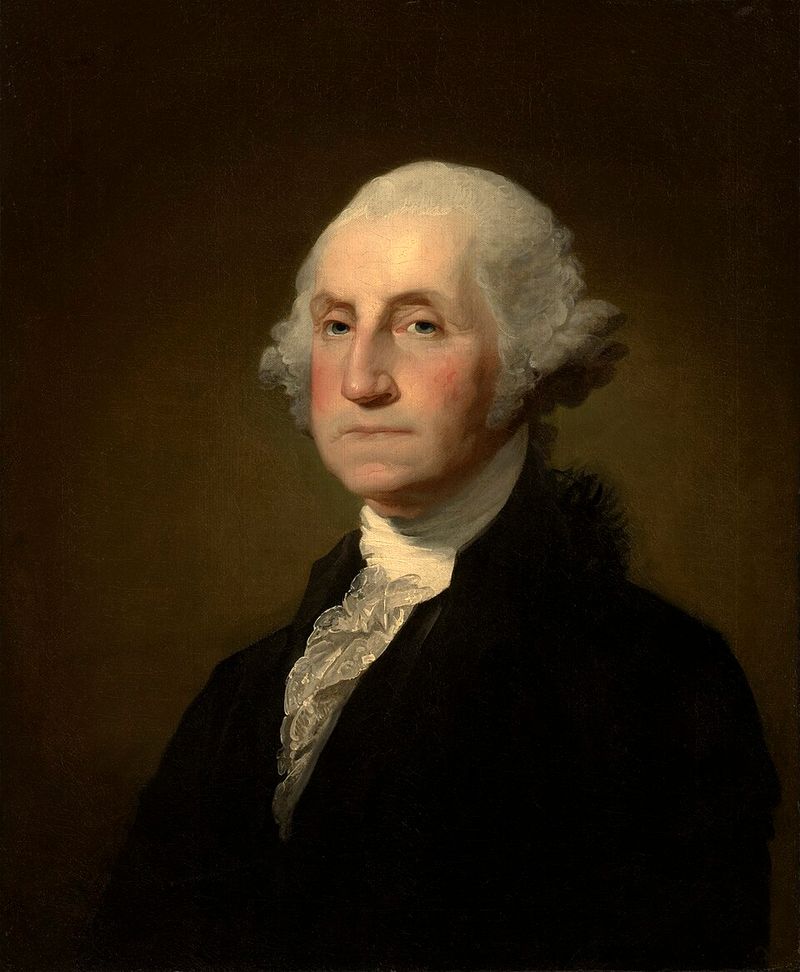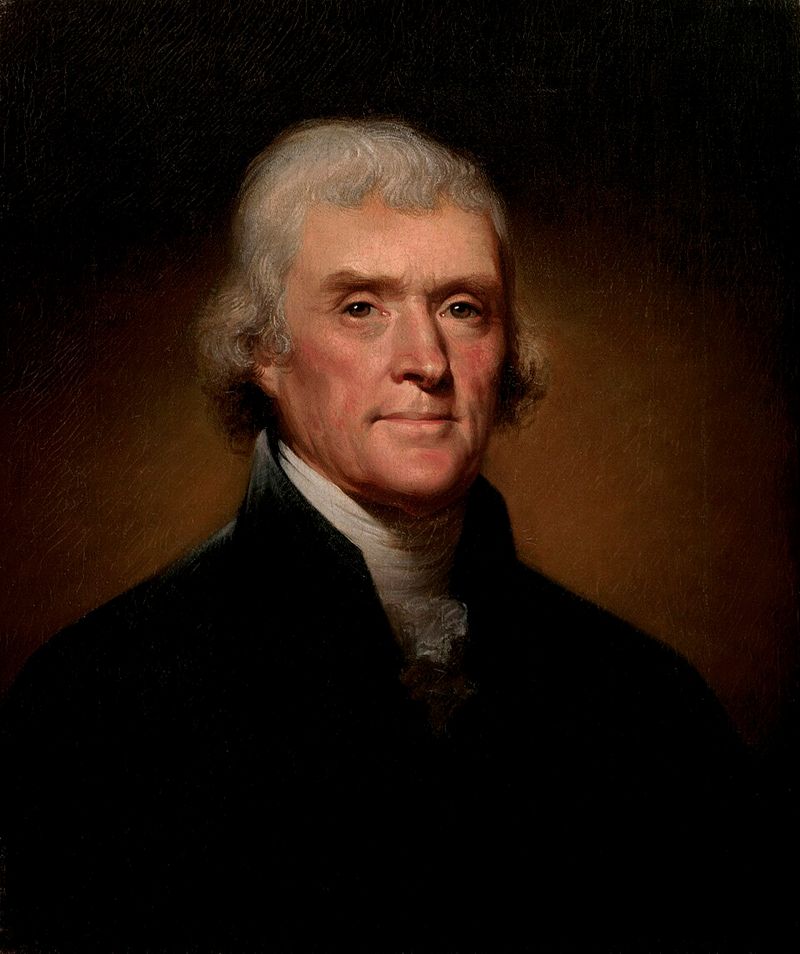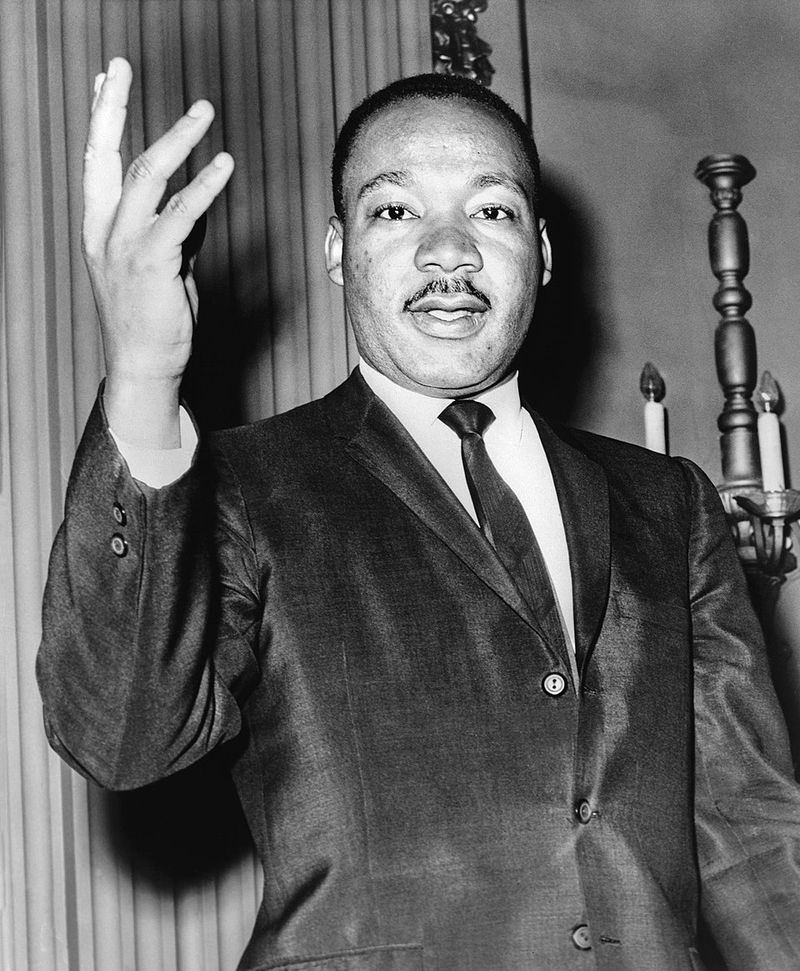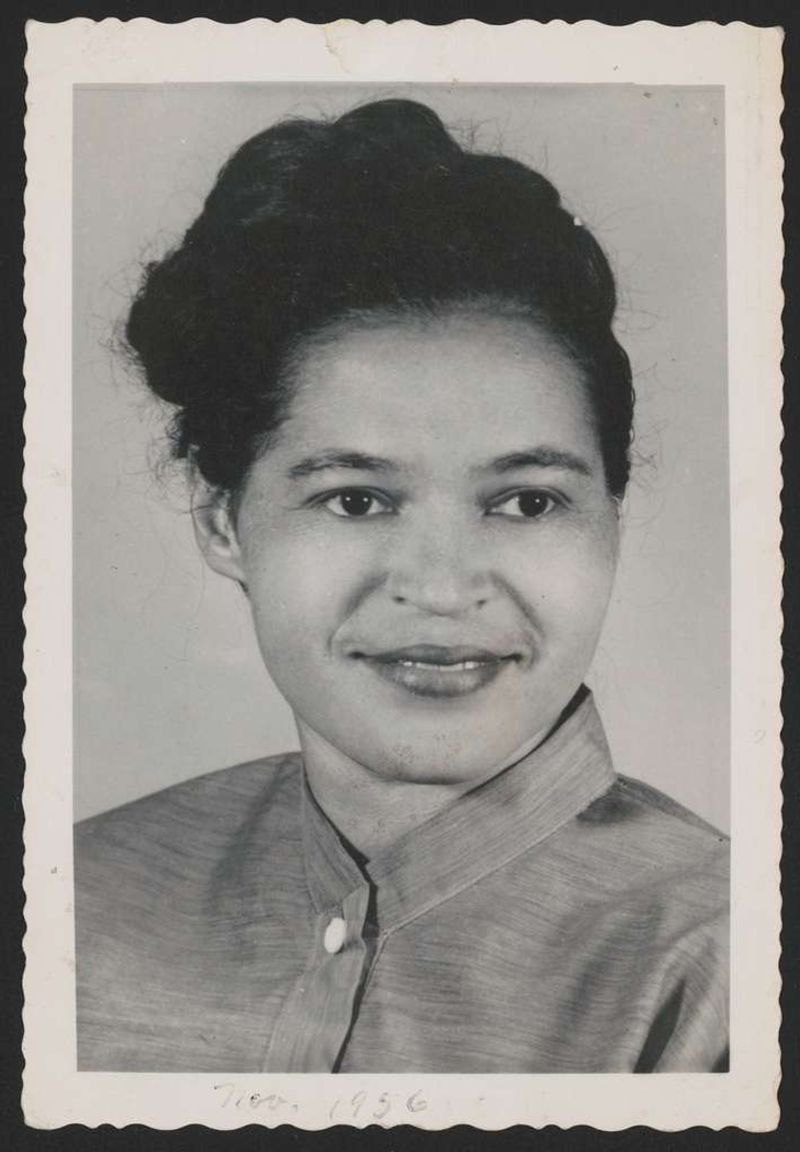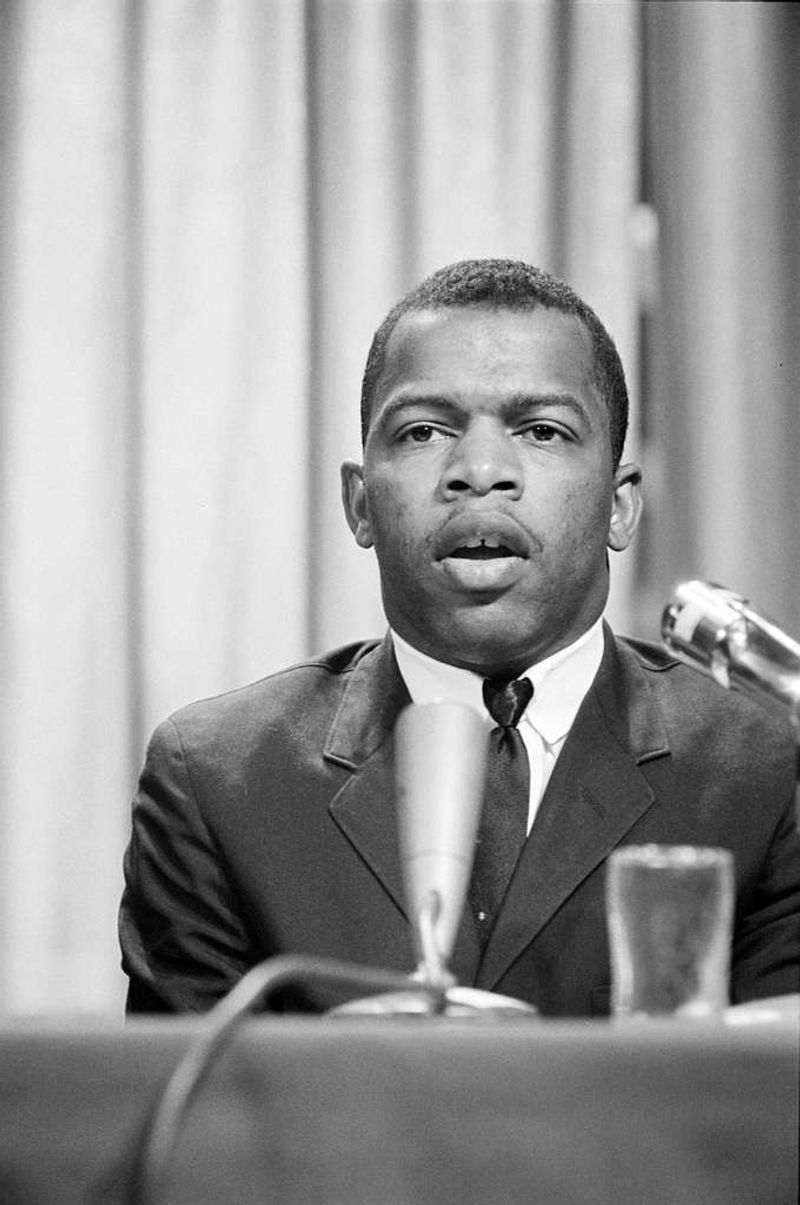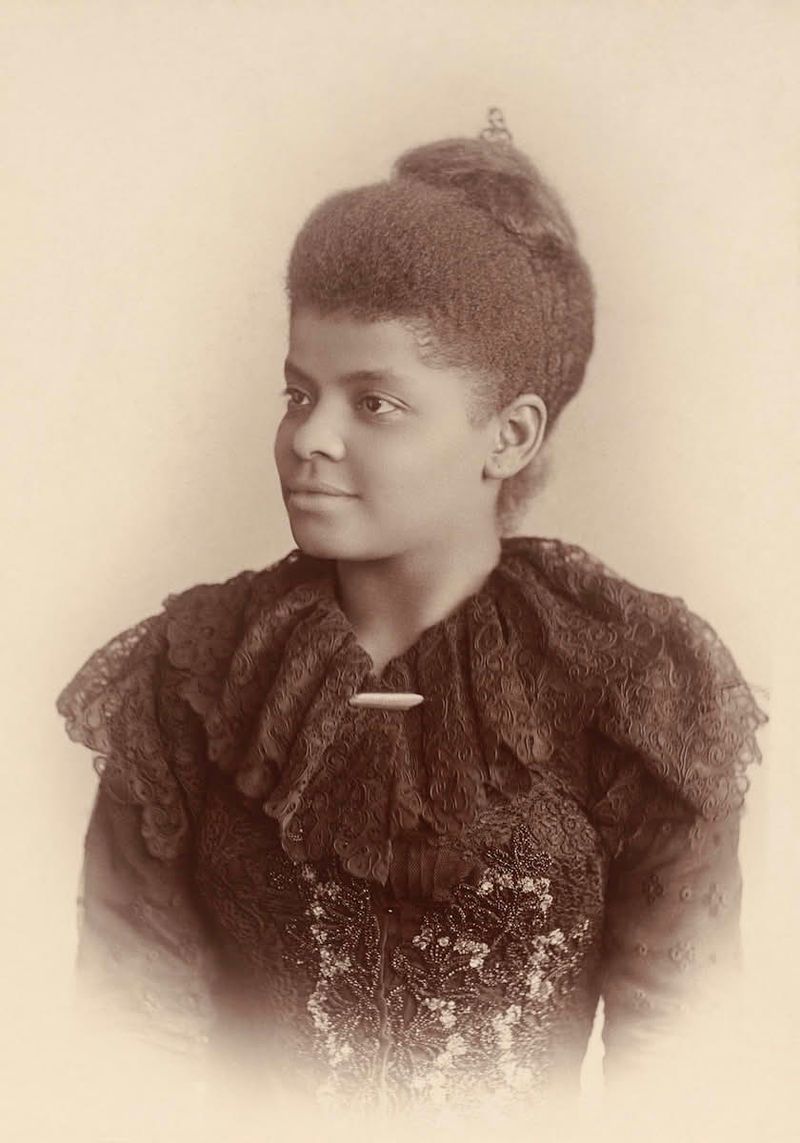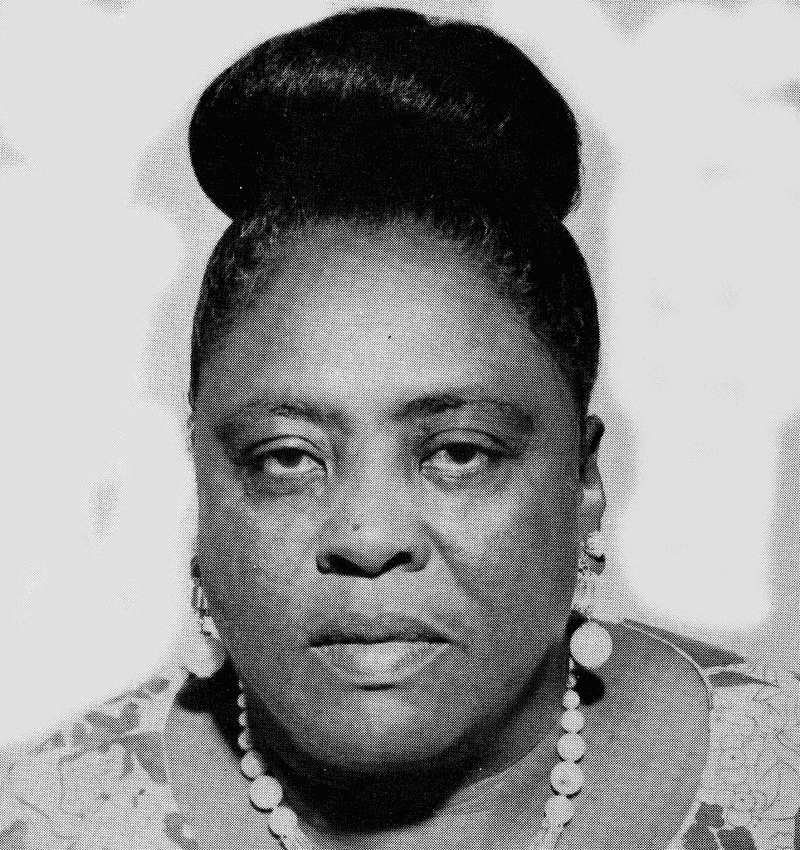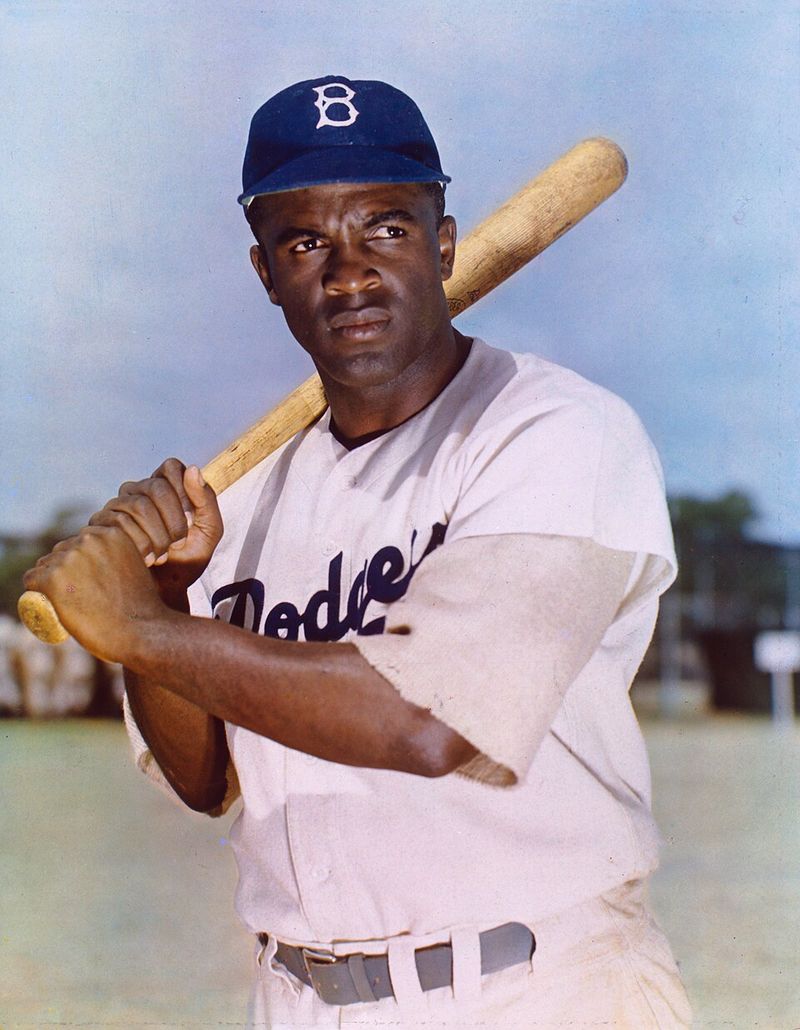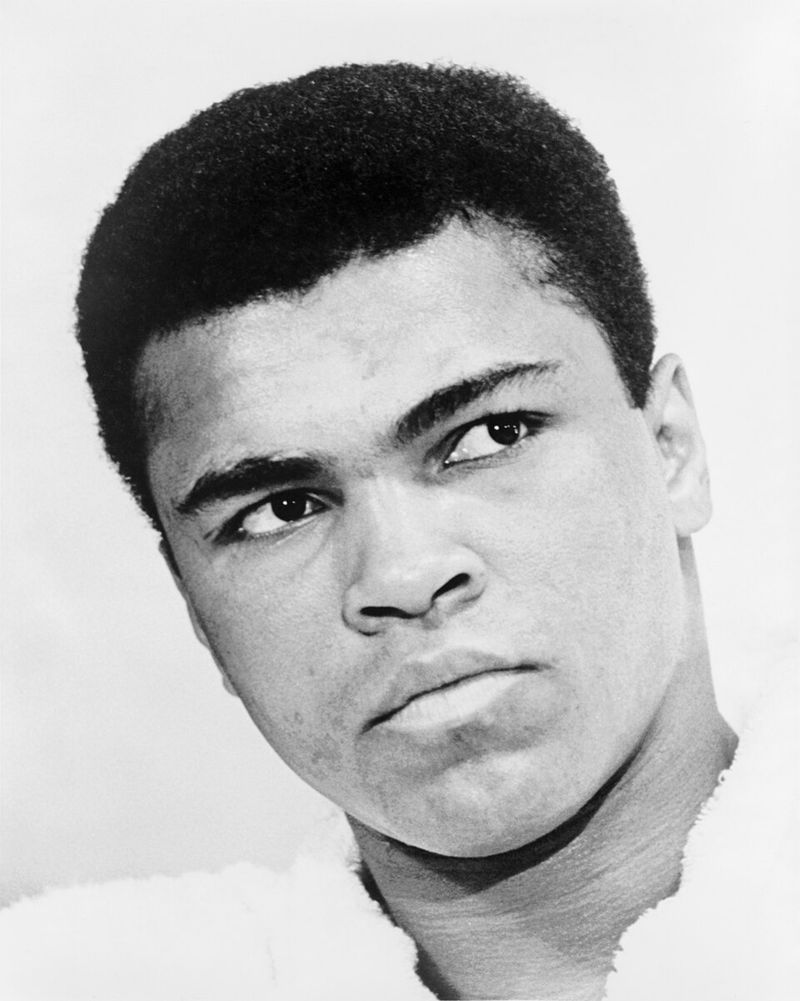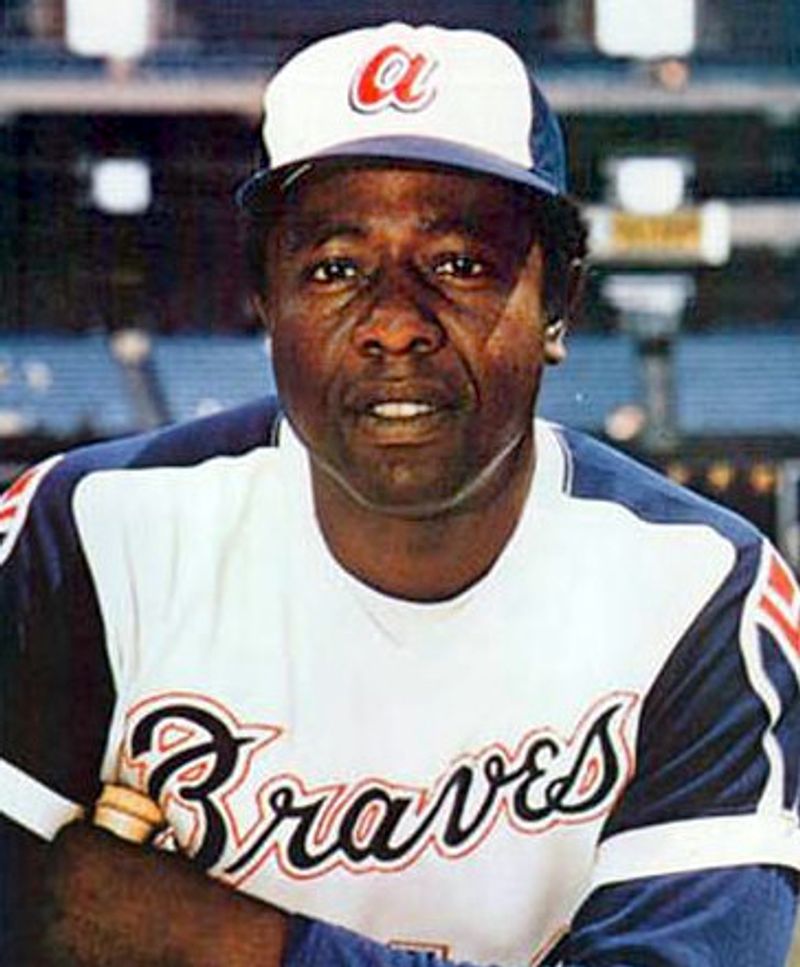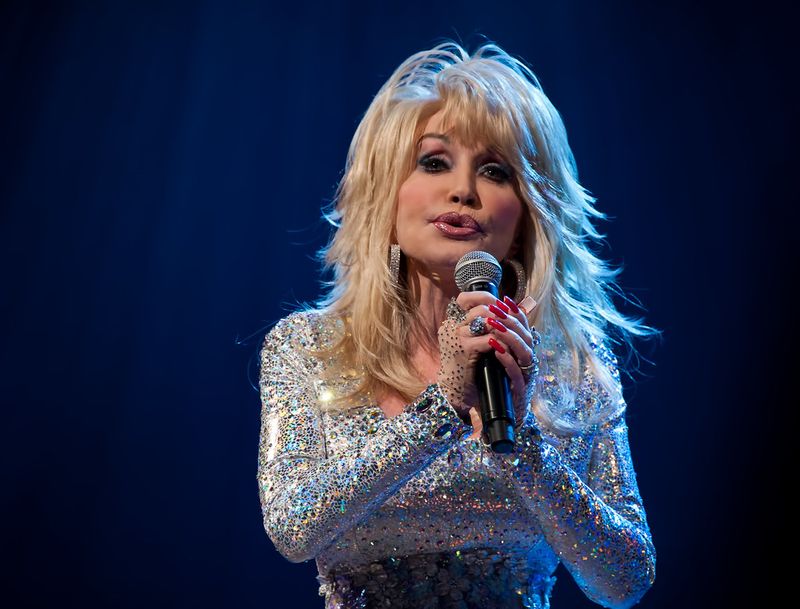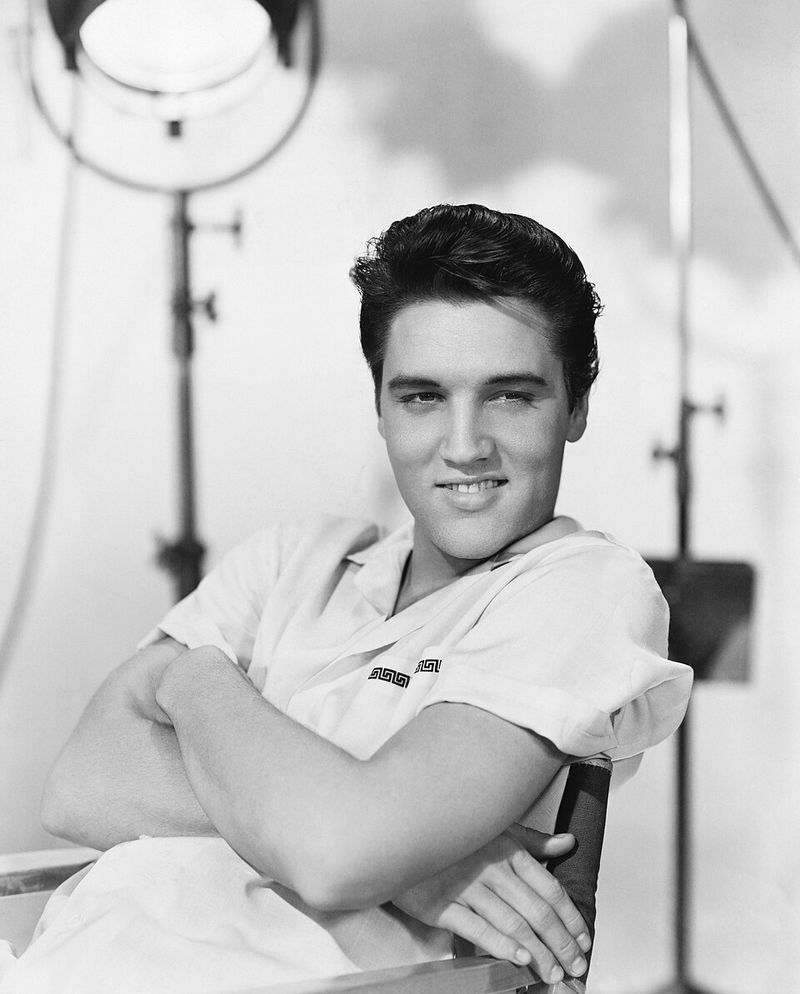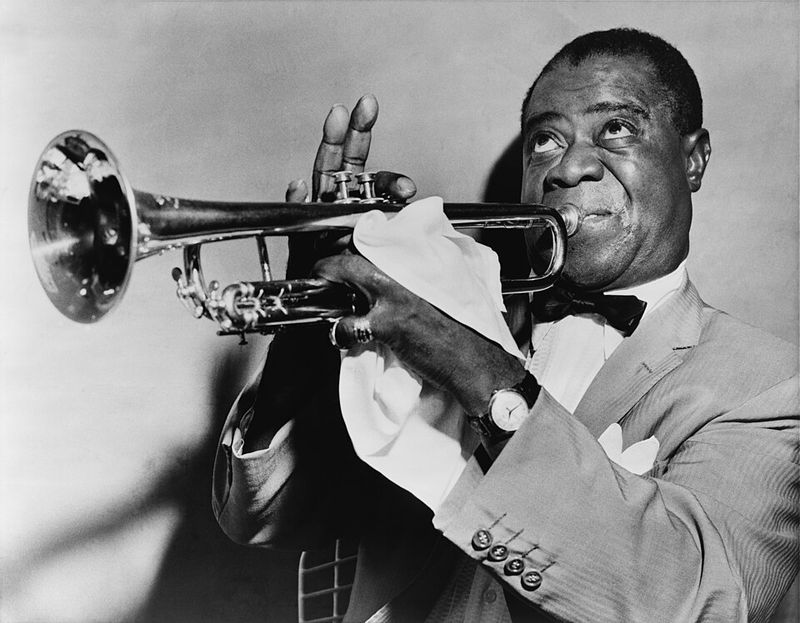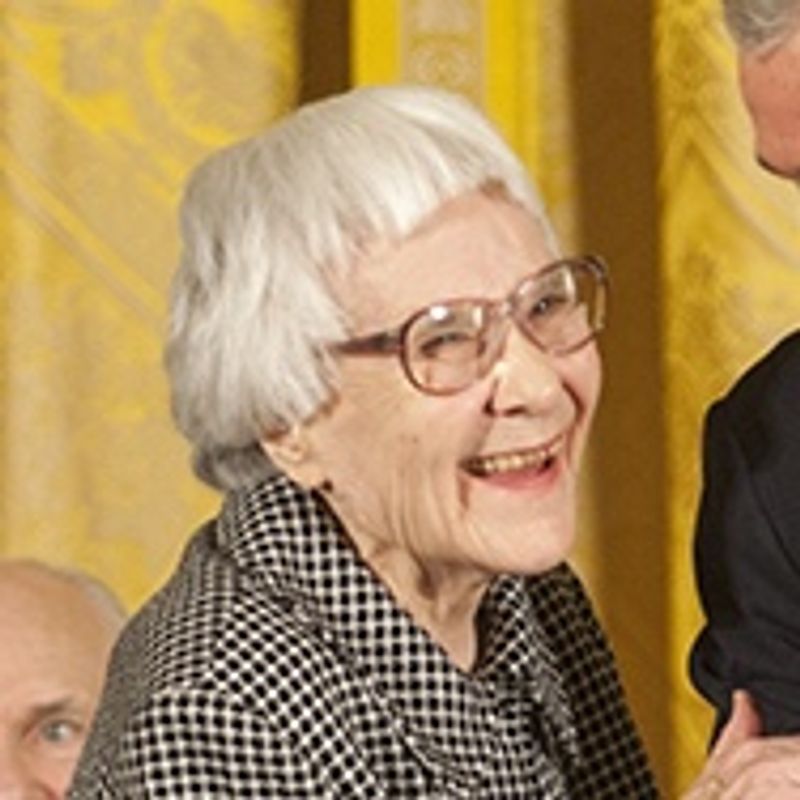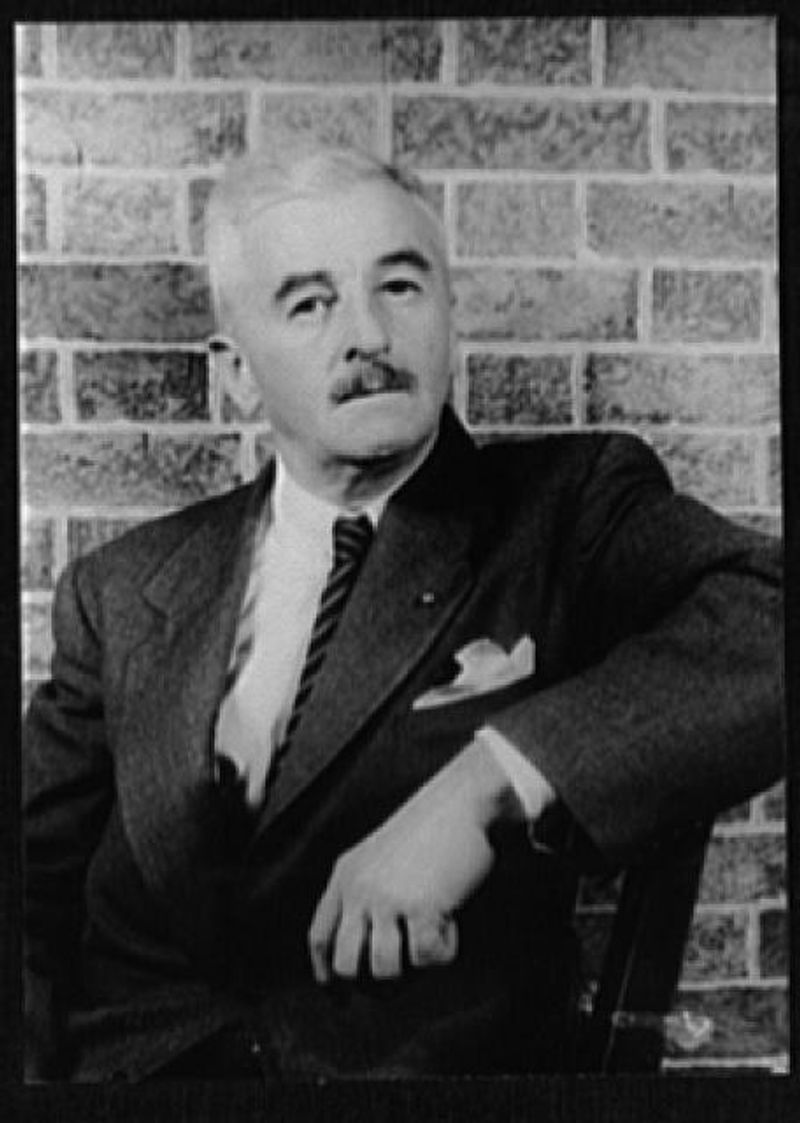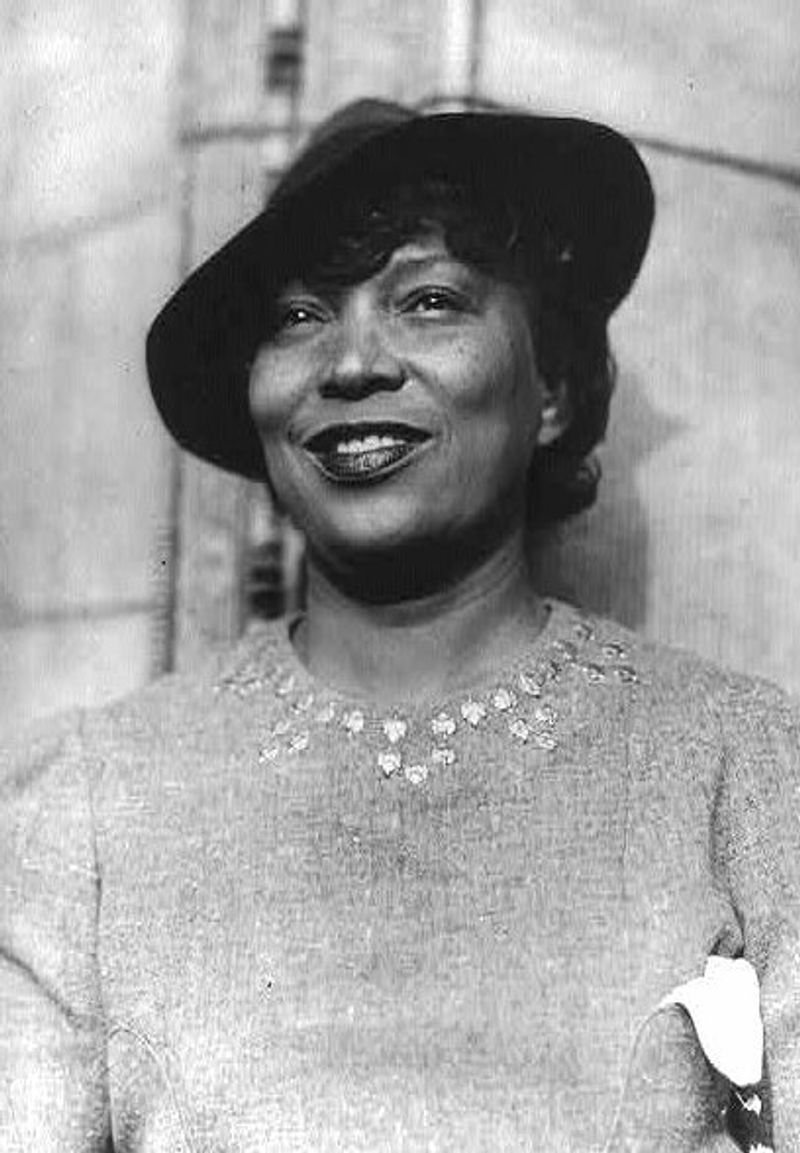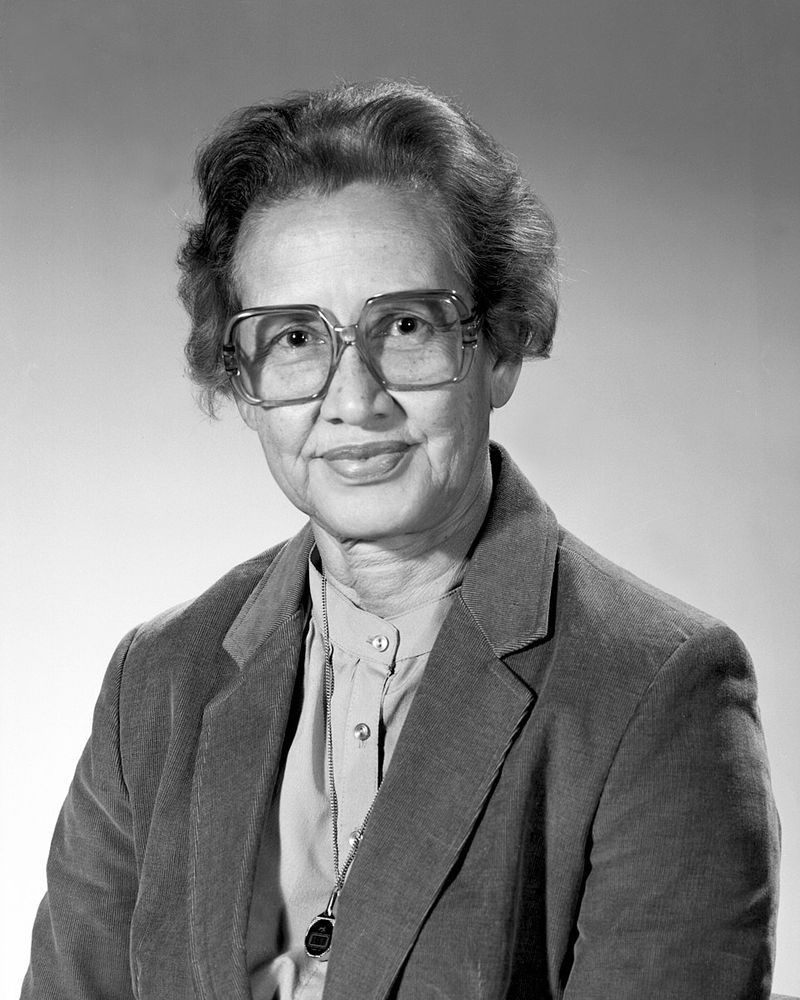The American South has produced some of the most influential figures in our nation’s history. From leaders who fought for freedom and equality to artists who transformed music and literature, these individuals shaped the country we know today. Their courage, creativity, and determination broke barriers and inspired millions. This list celebrates 18 remarkable Southerners whose legacies continue to impact our lives.
1. George Washington (Virginia)
Born on a Virginia plantation in 1732, Washington became the military commander who led American forces to victory against Britain. His leadership during the Revolutionary War earned him the trust of a new nation.
After the war ended, he could have become a king, but he chose democracy instead. As the first president, he set examples that future leaders would follow for centuries.
Washington’s decision to step down after two terms showed Americans that power belongs to the people, not one person. His Virginia roots and plantation background shaped his understanding of both privilege and responsibility in building a new country.
2. Thomas Jefferson (Virginia)
Jefferson penned the Declaration of Independence, crafting words that would echo through history: all men are created equal. His Virginia estate, Monticello, became a center of innovation and learning.
As the third president, he doubled the size of America through the Louisiana Purchase. He founded the University of Virginia, believing education was essential for democracy.
Though brilliant, Jefferson lived with contradictions, owning slaves while writing about freedom. His complex legacy reminds us that even great leaders can fall short of their own ideals, making his contributions both celebrated and critically examined today.
3. Martin Luther King Jr. (Georgia)
A preacher’s son from Atlanta, King became the voice of the Civil Rights Movement. His powerful speeches and nonviolent protests challenged segregation across the South.
The March on Washington in 1963 brought over 250,000 people to hear his famous I Have a Dream speech. His words painted a vision of racial harmony that inspired a generation to fight for justice.
King received the Nobel Peace Prize at just 35 years old. His assassination in 1968 shocked the world, but his message of peaceful resistance and equality continues inspiring activists everywhere, proving that one voice can spark tremendous change.
4. Rosa Parks (Alabama)
On December 1, 1955, Parks refused to give up her bus seat to a white passenger in Montgomery, Alabama. That simple act of defiance sparked a 381-day bus boycott that changed history.
Many call her the mother of the Civil Rights Movement, though she was actually a trained activist who understood the power of protest. Her courage came from years of working with the NAACP.
Parks faced threats and lost her job, but her stand inspired thousands to fight segregation. Her quiet strength showed that ordinary people could challenge unjust laws and win, making her an enduring symbol of peaceful resistance.
5. John Lewis (Alabama)
Growing up in rural Alabama, Lewis faced segregation daily but refused to accept it as permanent. At 23, he helped organize the March on Washington and became one of the youngest speakers that day.
Two years later, state troopers beat him nearly to death on the Edmund Pettus Bridge during the Selma march. His skull was fractured, but his spirit remained unbroken.
Lewis spent over three decades in Congress representing Georgia, always fighting for voting rights and equality. He called activism good trouble, encouraging young people to stand up for justice even when it’s difficult or dangerous.
6. Ida B. Wells (Mississippi)
Born into slavery in 1862 Mississippi, Wells became a fearless journalist who exposed the horrors of lynching across the South. Her investigative reporting put her life in danger but brought national attention to racial violence.
After a mob destroyed her newspaper office in Memphis, she moved north but never stopped writing. She documented hundreds of lynchings, proving they were tools of terror, not justice.
Wells also fought for women’s voting rights, refusing to march in segregated sections during suffrage parades. Her courage in speaking truth to power paved the way for future journalists and activists who challenge injustice through words.
7. Fannie Lou Hamer (Mississippi)
A sharecropper from the Mississippi Delta, Hamer worked cotton fields until age 44 before discovering her true calling as a voting rights activist. Her powerful testimony at the 1964 Democratic Convention shocked the nation.
Police beat her savagely in a Mississippi jail for trying to register Black voters. She suffered permanent injuries but returned to organizing with even greater determination.
Hamer’s famous words, I’m sick and tired of being sick and tired, captured the frustration of millions. She co-founded the Mississippi Freedom Democratic Party, challenging the all-white state delegation and forcing America to confront its broken democracy.
8. Jackie Robinson (Georgia)
Robinson broke baseball’s color barrier in 1947, becoming the first Black player in the major leagues. Born in Cairo, Georgia, he faced constant threats and insults on the field.
Branch Rickey, the Dodgers’ manager, asked Robinson if he had the courage not to fight back. Robinson’s restraint in the face of hatred took incredible strength and changed sports forever.
He won Rookie of the Year, then the National League MVP two years later. His success opened doors for countless Black athletes and showed America that talent knows no color, making him a hero far beyond the baseball diamond.
9. Muhammad Ali (Kentucky)
Born Cassius Clay in Louisville, Ali became the greatest boxer of all time with lightning speed and powerful punches. His famous phrase, Float like a butterfly, sting like a bee, perfectly described his unique fighting style.
Ali refused to fight in the Vietnam War, saying no Vietnamese ever called him a racial slur. This cost him his boxing title and nearly sent him to prison.
His stance against the war made him controversial but also heroic to millions who opposed injustice. Ali’s confidence, humor, and willingness to sacrifice everything for his beliefs made him an icon far beyond sports.
10. Hank Aaron (Alabama)
Mobile, Alabama, native Aaron quietly and consistently hit his way into baseball history. On April 8, 1974, he broke Babe Ruth’s home run record, finishing his career with 755 homers.
Aaron received thousands of hate letters and death threats as he approached the record. Despite the racism and pressure, he maintained his dignity and focus, never letting the negativity affect his performance.
His consistency over 23 seasons proved that greatness comes from dedication, not just talent. Aaron’s grace under pressure and humble personality made him a role model, showing young athletes that character matters as much as statistics on the field.
11. Dolly Parton (Tennessee)
From a tiny cabin in the Smoky Mountains, Parton rose to become a country music legend and beloved philanthropist. She wrote Jolene and I Will Always Love You, songs that became classics covered by artists worldwide.
Beyond music, she built Dollywood, creating thousands of jobs in rural Tennessee. Her Imagination Library sends free books to children, distributing over 150 million books so far.
During the pandemic, she helped fund COVID vaccine research. Parton’s humor, humility, and generosity have made her an American treasure who proves that success means lifting others up, not just climbing higher yourself.
12. Elvis Presley (Mississippi)
A truck driver from Tupelo, Mississippi, Elvis walked into Sun Records in 1954 and changed music forever. His blend of country, blues, and gospel created rock and roll, a sound that captured teenage rebellion.
His hip-shaking performances shocked conservative America but thrilled young fans. Television shows filmed him only from the waist up to avoid controversy.
Elvis sold over a billion records worldwide, making him one of the best-selling artists ever. He brought Black musical traditions to mainstream white audiences, though this cultural borrowing remains debated. His influence on music, fashion, and youth culture still echoes today.
13. Louis Armstrong (Louisiana)
Growing up poor in New Orleans, Armstrong learned trumpet in a boys’ home and transformed jazz into an art form. His innovative solos and gravelly voice made songs like What a Wonderful World unforgettable.
He pioneered scat singing, using his voice like an instrument to create playful, improvised sounds. His joyful performances brought happiness to audiences worldwide during difficult times.
Armstrong became America’s unofficial ambassador, touring globally and breaking down racial barriers through music. His warmth and talent showed the world that jazz was America’s unique gift to culture, born in the streets of the South and shared with everyone.
14. Beyoncé Knowles-Carter (Texas)
Houston raised a superstar who started singing in church and became one of the most influential artists of her generation. From Destiny’s Child to solo stardom, Beyoncé has won more Grammy Awards than any other artist.
Her album Lemonade explored Black womanhood, Southern roots, and personal struggles with raw honesty. She uses her platform to address social justice, performing Formation at the Super Bowl to celebrate Black culture.
Beyond entertainment, she’s a businesswoman and philanthropist who supports education and disaster relief. Beyoncé’s work ethic, artistic vision, and commitment to excellence have redefined what it means to be a modern cultural icon and role model.
15. Harper Lee (Alabama)
Lee’s only major novel, To Kill a Mockingbird, became one of America’s most beloved books. Set in Alabama during the Depression, it tackles racism through the eyes of young Scout Finch.
Published in 1960, the book won the Pulitzer Prize and sold over 40 million copies worldwide. It’s required reading in countless schools, teaching generations about justice and moral courage.
Lee based the story on events from her childhood in Monroeville, Alabama. She avoided publicity for decades, letting her powerful story speak for itself. Her portrayal of Atticus Finch as a moral hero inspired many to pursue law and fight for fairness.
16. William Faulkner (Mississippi)
Faulkner created an entire fictional county in Mississippi, filling it with complex characters and intricate stories about the South’s troubled past. His experimental writing style challenged readers but earned him the Nobel Prize in Literature.
Books like The Sound and the Fury and As I Lay Dying used stream-of-consciousness techniques that were revolutionary. He explored themes of decay, family, and the weight of history.
Faulkner never shied away from depicting the South’s darkest aspects, including racism and violence. His unflinching honesty and literary innovation influenced countless writers, proving that regional stories can have universal meaning and profound artistic value.
17. Zora Neale Hurston (Alabama/Florida)
Hurston grew up in Eatonville, Florida, one of America’s first all-Black towns, which gave her a unique perspective on African American life. She studied anthropology, collecting folklore and stories from Southern Black communities.
Her novel Their Eyes Were Watching God celebrates Black culture, dialect, and female independence. Critics initially dismissed it, but it’s now considered a masterpiece of American literature.
Hurston died in poverty and was buried in an unmarked grave until Alice Walker found and marked it decades later. Her rediscovery sparked renewed appreciation for her vibrant storytelling and preservation of Black Southern traditions and voices.
18. Katherine Johnson (West Virginia)
Johnson’s mathematical genius helped NASA send astronauts to space and bring them safely home. Born in White Sulphur Springs, West Virginia, she calculated trajectories for the Mercury and Apollo missions by hand.
John Glenn refused to launch until Johnson personally verified the computer’s calculations for his orbit. Her precision and expertise were that trusted and essential.
As a Black woman working at NASA during segregation, she faced discrimination but never let it stop her brilliance. The movie Hidden Figures brought her story to millions, showing how her contributions were crucial to America’s space program and inspiring future generations of mathematicians and scientists.
